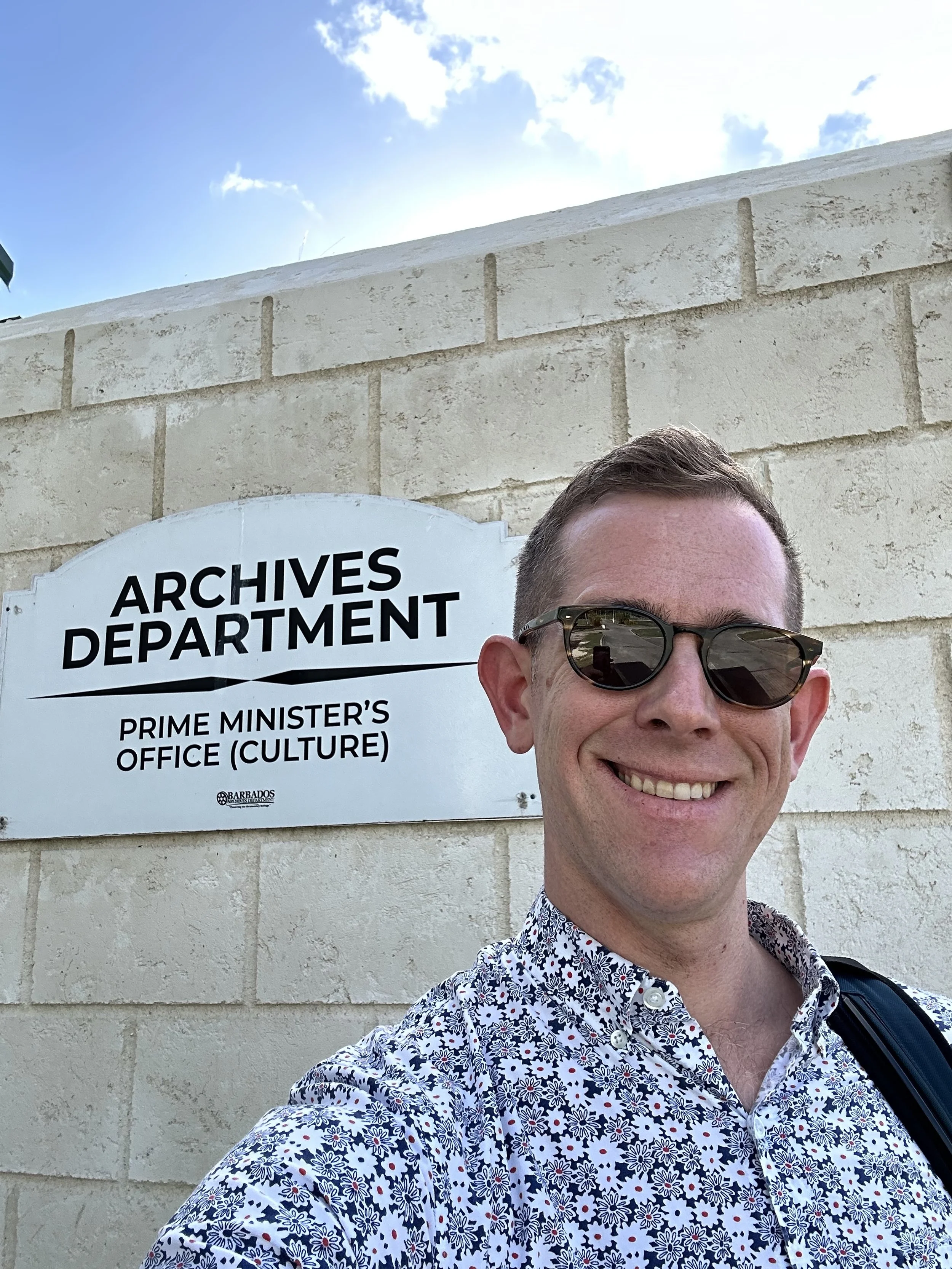Research
A full list of publications appears on my CV
My first monograph, The Alchemy of Slavery, began when I realized that slavery had a long and multi-imperial history in what today is called the state of Illinois. This fact was well known at the time, and my own inquiry built on a rich body of scholarship. But I kept coming back to the dilemma that slavery existed earlier, took more forms, and survived later than I had realized. The Alchemy of Slavery brought two kinds of archives together: colonial records containing reports housed in British or French colonial respositories, and local legal records housed in county courthouses across Illinois. Overtime I came to understand both records were part of an imperial archive, and the U.S. settler empire simply housed and organized its paper differently. In the end, I realized that I needed to move away from asking when slavery began or ended, and to start exploring how different imperial powers created colonial societies where slavery took different forms. That adaptation and permutation is what I began to think about as the alchemy of slavery.
As I completed my book, I realized that the kidnapping of Black people into slavery was one of the most important episodes Illinois’s late antebellum history. I soon realized that abductions were an endemic part of post-emancipation societies and I began to research kidnapping in international contexts. To my surprise, I found international abductions just about everywhere I looked. Over the past several years I have been to roughly two dozen archives in nine nations and Puerto Rico and found evidence of thousands of people kidnapped into slavery. Their struggles to return home are at the core of my book project. I am struck by the unlikely alliances that come together in these cases, an assemblage that I am coming to think of as “Freedom’s Ensemble.”

